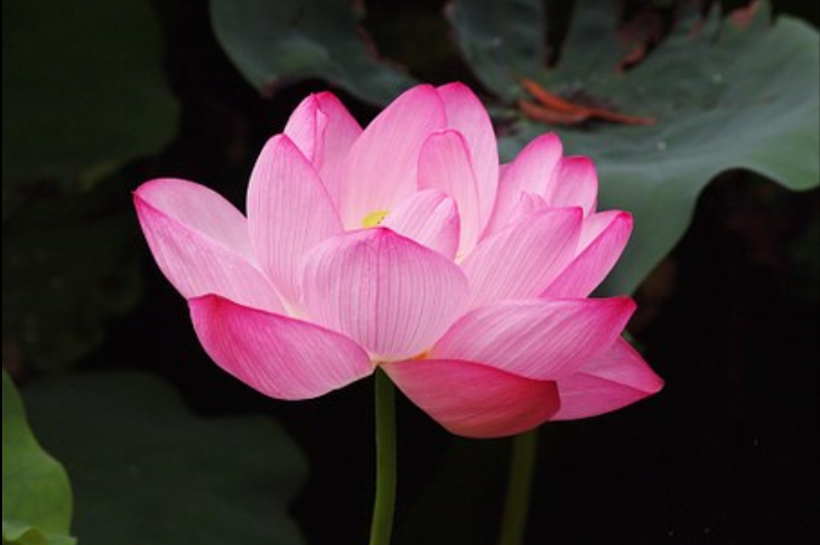
Parables have been told for centuries, they are an ancient form of telling stories which are simple in nature and serve to illustrate a moral or spiritual lesson. The source of these stories is most often founded on religious teachings yet their universal appeal transcends religious beliefs.
For many East Asian Buddhists, the Lotus Sutra is one of the most influential of Buddha’s sutras. For believers, the Lotus Sutra contains the ultimate and complete teaching of the Buddha. One parable (Chapter 4) has an interesting connection with intuition.
Background
The Lotus Sutra is considered as a discourse delivered by the Buddha toward the end of his life. Chapter 1 is a gathering at Vulture Peak, Gautama Buddha goes into a deep meditation and Bodhisattva(angel) Manjusri then states that the Buddha is about to expound his ultimate teaching. Chapter 4 outline is as follows:
The Parable Outline – The Poor Son and His Rich Father
A boy deserted his father to lead the life of a vagabond. He wandered aimlessly from place to place, taking odd jobs just to survive. One day, he stumbled upon a great mansion owned by his father. The boy did not recognize his father but his father immediately recognized him as his son.
The father sent his men to capture him, but his son who had an inferior sense of self-worth was terrified of the dignity and affluence of his father. His father recruited him to work as a cleaner in his mansion, and the job was a right fit with his skills and abilities.
For 20 years, his son toiled diligently, earning the trust of his father. The son was promoted to Chief Steward in charge of the storehouses. When the death of the father was imminent, the father revealed the truth of the father-and-son relationship and passed on all his treasures to his son.
In the Parable:
The father represents the Buddha, the son is his disciple. The cleaner job represents the teaching of early Buddhism and the inheritance is the teaching of perfect enlightenment.
The lotus symbolizes the Bodhisattva who is rooted in the earthly mud and yet flowers above the water enlightened. Lotus Sutra affirms the spiritual equality of all beings.
The Sutra’s radical message is that all beings can embody the Buddha nature and that the Law of Buddhahood is to be inherited and passed on from one person to another person.
The View of Intuition
I have to admit that the Buddhist expression of “enlightenment” is a difficult concept simply because I have not been enlightened to understand enlightenment itself. Besides, since there are so many levels of enlightenment out there, that the single word “enlightenment” sends us all into a mental wilderness
Instead of meddling with the word “enlightenment” I propose to use “intuition.” We have intuition to cultivate, we have intuition to make us bloom like a lotus flower. This is a radical idea like the Lotus Sutra once was. Yet, it appears much more productive to recognize that we have within us a Buddha-nature of enlightenment that would be the power of intuition.
